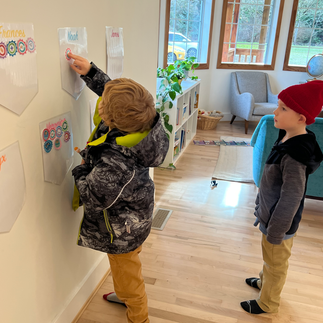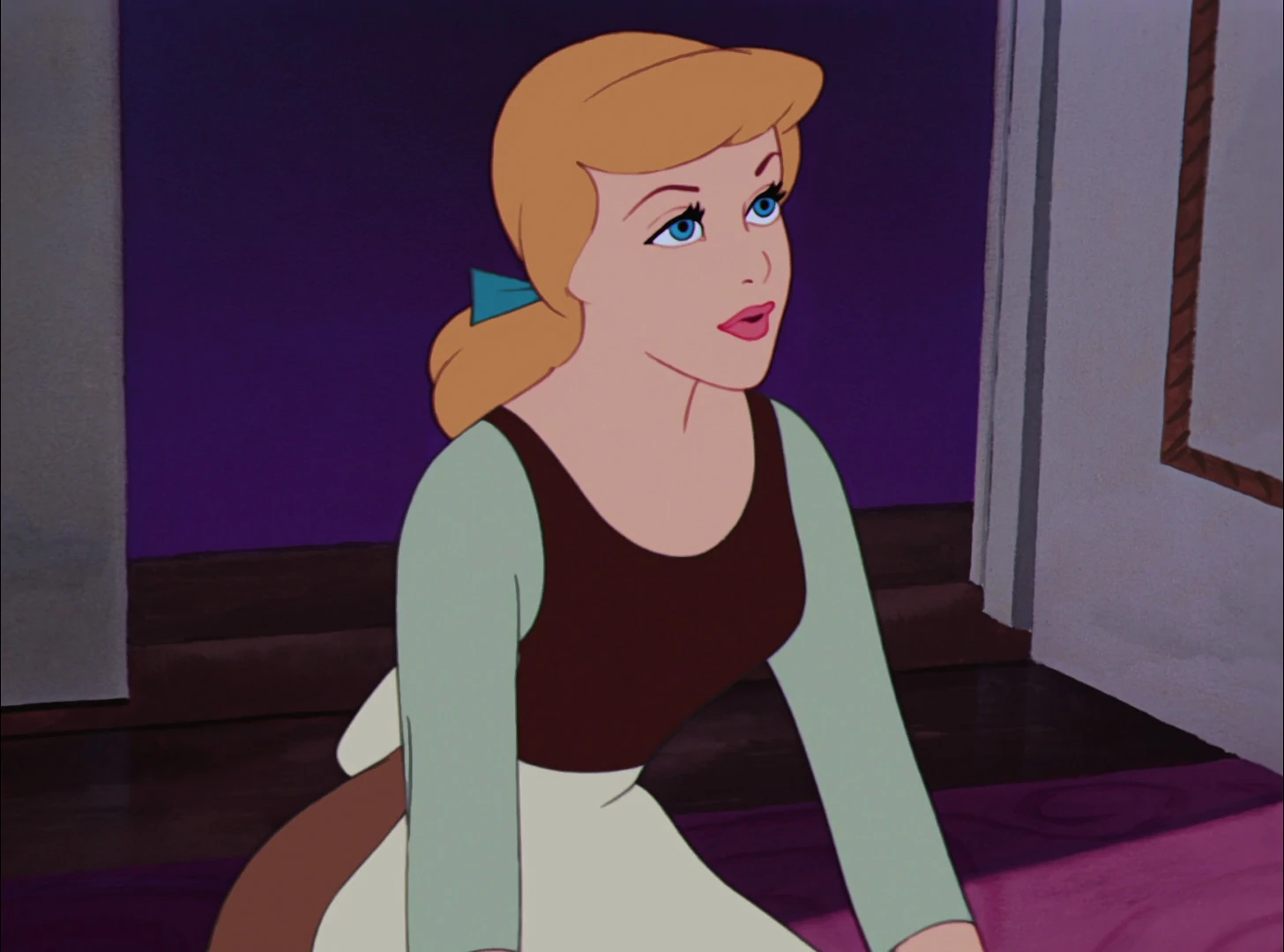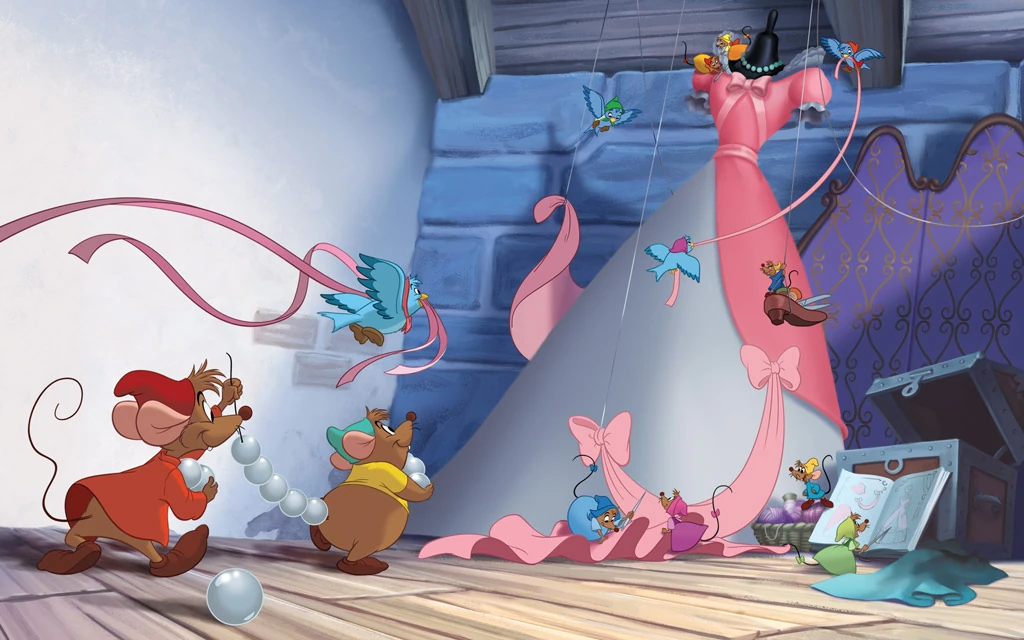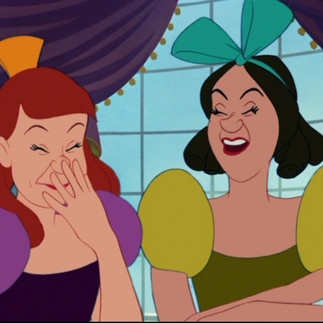We came back together this week after a lovely, relaxing break. We shared stories about our time over the holidays, what our favourite gifts were, and what games we were excited to play during Spark Play. It didn't take long for these heroes to settle back into their routine, picking up seamlessly from where we left off as though no time had passed at all.
We kicked off the week with this short video by the Kid President about how each of us, no matter how big or small, can have a positive impact on the world through acts of love and kindness. We discussed how these seemingly small acts can have a ripple effect, impacting people far beyond our known circle. We were all really inspired by this and challenged ourselves to notice and acknowledge acts of kindness we show one another in studio for the remainder of the day.
The break brought with it a renewed interest in goals and core skills, and we saw three of our heroes earn badges this week! Badges exemplify completion of a large body of work in either reading, writing, or math, and is always a cause for celebration in our studio. The learner gets to ring the bell, post their badge to their crest, and bask in the applause, hugs, and cheers of their peers! It always serves as a boost of motivation for the other learners and we see children quickly return to their work, eager to be the next to ring the bell.
Everyone was also excited to return to the river, full of new treasures that were washed up from the big rains. Buckets of river glass were collected, marbles were discovered, and lots of garbage which they're eager to remove over the next couple of weeks. These heroes take their waterkeeper roles seriously, and are very proud of their contribution to the health of the river.

As you may recall, in our last week of 2024 we introduced a new tool to help with Studio Maintenance; the Cinderella Story. We brainstormed the character traits of 3 main characters of that story: Cinderella, the mice, and the stepsisters. We then related these characters to our participation in studio maintenance, with Cinderella being the most diligent (doesn't stop until the job is done, and done well), the mice being helpful but possibly distracted from time to time, to the stepsisters - not participating at all and watching their peers do all of the work. Learners were asked to reconvene after studio maintenance and rate their own performance according to these three categories. For the most part, they were very self-aware, with a couple of exceptions of perhaps overstating their participation. This week, we deepened this exercise further. I will preface this by saying that this was only possible due to the months of tribe building that preceded it, creating a safe space and a tight-knit group where each hero truly cares for the others.
This week, when we went into studio maintenance, I informed the heroes that once completed, we would be rating each other. This is an example of the character building skills that excite me so much about the Acton model - the ability to hold yourself and your peers accountable, and to receive constructive criticism. When we went into studio maintenance the heroes carried out their duties in a manner I'd say was consistent with their past performance. When it came time to vote on one another's participation, the group was asked whether "X" was a Cinderella, a helpful mouse, or a stepsister during studio maintenance. They were asked to vote by raising their hand as I called out each category. I felt the assessments they gave one another were spot on. Two heroes in particular consistently avoid helping in studio maintenance, and spend their time playing around their peers. When it came time for their peers to rate them, they both received a unanimous rating of "stepsister status". One broke down in tears, and the other went 3 shades of red and visibly deflated. This was incredibly hard to watch, and I know it was incredibly hard for their peers to give them this rating, as they're all a very warm-hearted bunch. There was no malice in their feedback, they took no pleasure in it, but were giving their honest feedback. Likewise, these two heroes cared about how they were perceived by their peers. There was no malice in their "goofing off", they just didn't realize the impact it had on others, or that the others even noticed.
The intent of this exercise was to accomplish the following: to start building the muscle of holding one's peers accountable, and to build resilience when given balanced (that is, warm-hearted and tough-minded) feedback about one's performance. Both, incredibly hard and potentially uncomfortable scenarios.
How we handle these two scenarios can have profound effects on our lives. Imagine the impact of having your child regularly practice the skill of holding peers accountable from the time they're 5, 6, 7 years old? Imagine who that child will be as they enter their teen years? Who will they be as they enter the work force? Their romantic partnerships? The ripple effect is hard to quantify. The same can be said for the other side of the coin - learning how to receive constructive criticism. Will you crumble and fall apart when given honest feedback? Will you get defensive? Or will you choose to have a growth mindset, taking it as an opportunity for reflection, improvement, and personal growth?
Compare this to someone who's gone their entire childhood never once practicing these important life skills. They leave the unrealistic confines of conventional academia and enter a world with entirely different rules and expectations, and are poorly equipped to handle them.
We had a brief discussion after the votes were cast, and reiterated that the point of this is to build each other up. None of us will improve if we're dishonestly propped up by our peers. Our ability to give this honest feedback, and our ability to receive it are critical to the health and success of our tribe. We concluded by acknowledging that we all have a choice in which category we remain in. How will we use our power to choose?
The next day, come studio maintenance, the group went through the same exercise. The votes were again very fair, and this time, there were no stepsisters in our studio :). The heroes who moved from stepsister to helpful mouse status were beaming ear to ear, as were their peers as they raised their hands to vote for them.
Interestingly, by the end of our week, one learner who had been rated as a helpful mouse time and time again, this time was quite upset. He truly felt he had achieved Cinderella status and said he didn't think it was fair that people were rated but given no reasoning. Brilliant! He was asking his peers for specific feedback, so that he could understand what it was that he did that put him in that category, so that he could try to improve for next time. The epitome of growth mindset, and exactly the type of attitude we're trying to nurture here at Acton.

The road of an Acton hero is not easy, and there will be many monsters faced along the journey. These include our own internal monsters. The beauty of the Acton model is that we face these head on, we equip children with the necessary tools to combat them, and we give them ample opportunity to practice - to fail cheaply, early, and often - now, when the stakes are low.
I'll leave you with a quote from the French philosopher Michel de Montaigne, which I feel so perfectly portrays the intent of this week's exercise, and what we will continue to nurture at Acton: “We need very strong ears to hear ourselves judged frankly, and because there are few who can endure frank criticism without being stung by it, those who venture to criticize us perform a remarkable act of friendship, for to undertake to wound or offend a man for his own good is to have a healthy love for him.”






















Comments